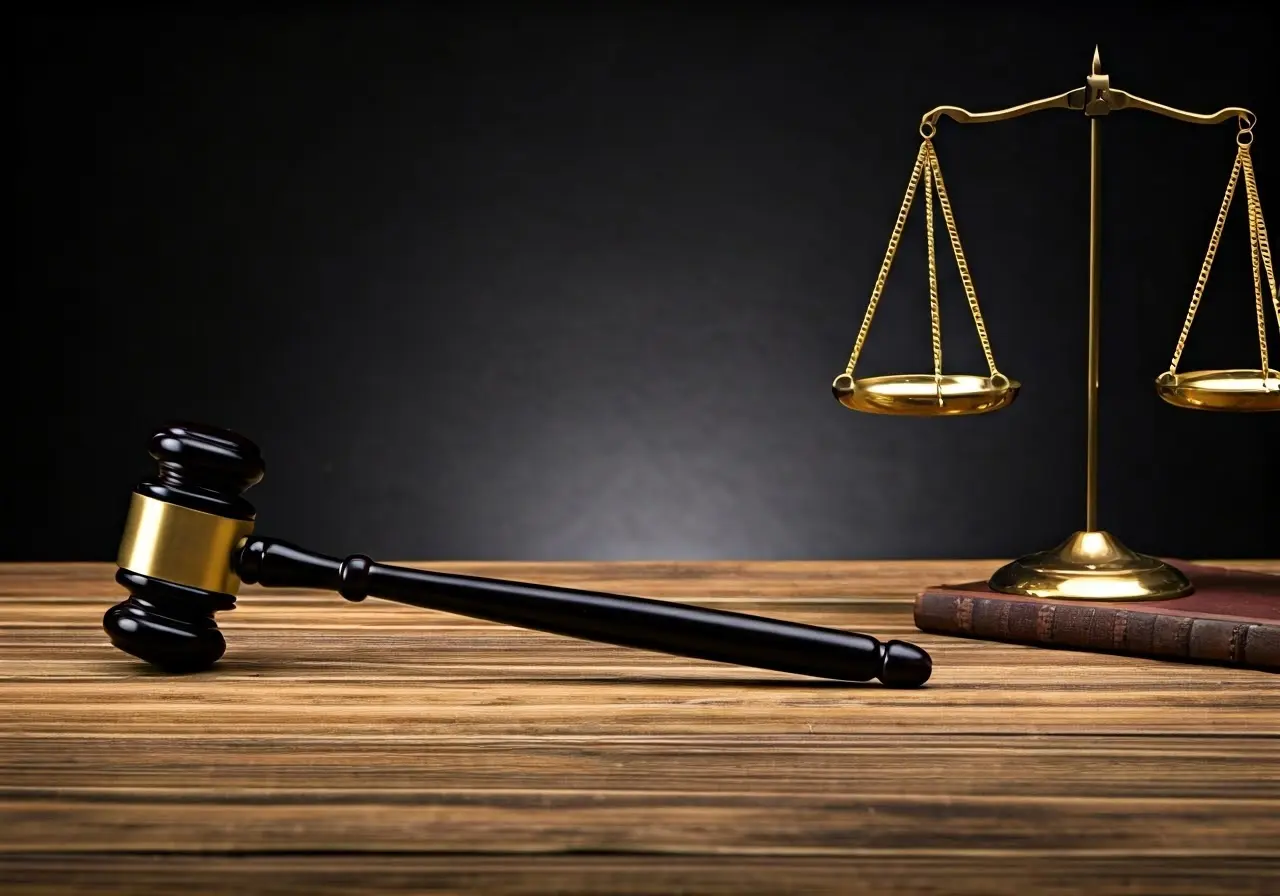Understanding how criminal defense lawyer law firms handle drug-related cases can be crucial for anyone facing such charges. These cases can be complex, involving different variables that require a strategic approach. In this article, we’ll explore the typical methods and strategies used by defense firms to navigate through drug-related legal challenges.
Initial Case Assessment
The first step in any drug-related case is a thorough assessment of the situation, where lawyers evaluate all available facts, gather evidence, and identify potential legal defenses. This stage is crucial as it sets the stage for the entire legal process. A comprehensive initial assessment involves reviewing the police reports, examining evidence such as lab results, and understanding witness accounts. By doing so, the defense team can pinpoint weaknesses in the prosecution’s case and develop strategic plans to counteract allegations. It is in this phase that lawyers identify viable defenses that can be used to protect the client’s interests and rights.
Moreover, the initial assessment involves direct communication with the client, offering them a chance to provide personal insights that might not be documented elsewhere. Lawyers listen attentively to understand their client’s perspective, which can often shed light on important contextual elements. This personalized approach ensures that every aspect of the case is scrutinized and that nothing goes unnoticed that could impact the outcome of the case.
Understanding the Charges
Criminal defense law firms work to clearly understand the specific charges their clients are facing, whether it’s possession, trafficking, or manufacturing, as this shapes the defense strategy. Knowing the nuances and gravity of the charges helps lawyers tailor their defense to meet the unique challenges each case presents. For instance, defending against a charge of possession may involve contesting the manner in which the evidence was obtained, whereas accusations of trafficking might require disputing the nature of the alleged transactions or the interpretation of evidence.
The severity of the charges can also dictate the potential penalties, which in turn affects the decisions made during the defense process. Lawyers explore the statutory elements for each charge to identify doubts or inconsistencies in the prosecution’s case. By thoroughly understanding the legal definitions and implications of the charges, attorneys are better equipped to mount an effective defense and advocate for their clients’ best interests.
Exploring Legal Defense Options
Law firms consider various defenses, such as questioning the legality of the search and seizure, analyzing the intent, or demonstrating a lack of knowledge, to protect their clients’ rights. Each defense tactic is carefully selected based on the evidence and circumstances surrounding the case. For example, if a client is arrested due to an unlawful search, lawyers may challenge the admissibility of evidence obtained from that search.
In drug-related cases, defense lawyers often look into whether their client had actual knowledge or control over the illicit substances. Establishing doubt around these points can significantly weaken the prosecution’s stance. Additionally, lawyers may present arguments related to duress or coercion, demonstrating that their client was forced into involvement under pressure or threats. By exploring every possible legal avenue, defense teams aim to secure the most favorable outcome for their clients.
Negotiating Plea Bargains
In certain cases, negotiating a plea bargain can be in the client’s best interest, allowing for reduced charges or lighter sentencing, compared to potentially lengthy trials. Plea bargaining involves a strategic dialogue between defense attorneys and prosecutors, where both parties weigh the advantages of avoiding a trial. For defendants facing severe charges with substantial evidence against them, a plea deal may offer a more predictable and manageable resolution.
Defense lawyers work diligently to negotiate terms that favor their clients, sometimes resulting in a complete dismissal of certain charges or significant sentence reductions. During negotiations, it’s critical to present compelling reasons why a plea bargain benefits all parties involved. By doing so, lawyers can sometimes mitigate the impact of a criminal charge on their client’s future, safeguarding their rights and interests while maintaining a balance with justice.
Trial Preparation and Representation
If a case proceeds to trial, defense lawyers meticulously prepare by gathering evidence, interviewing witnesses, and developing strong arguments to advocate for their client’s innocence or mitigated culpability. Trial preparation begins with a comprehensive review of the evidence and may involve collaborations with experts, such as forensic specialists, to build a sturdy defense.
Representation in court involves presenting the case in a compelling manner, questioning prosecution witnesses to highlight discrepancies, and making persuasive arguments that resonate with the jury. Throughout the trial, lawyers maintain a vigilant stance, ready to respond to new developments and counteract prosecution tactics. Their goal is not only to defend their clients but also to challenge the reliability and validity of the prosecution’s case. With skilled representation, clients stand a better chance of achieving a favorable verdict.
Summary of Defense Strategies in Drug Cases
Criminal defense lawyer law firms play a pivotal role in handling drug-related cases through careful analysis, strategic planning, and effective representation. Understanding their approach can alleviate some of the stress for those involved in such cases and provide a clearer picture of what to expect during legal proceedings.





